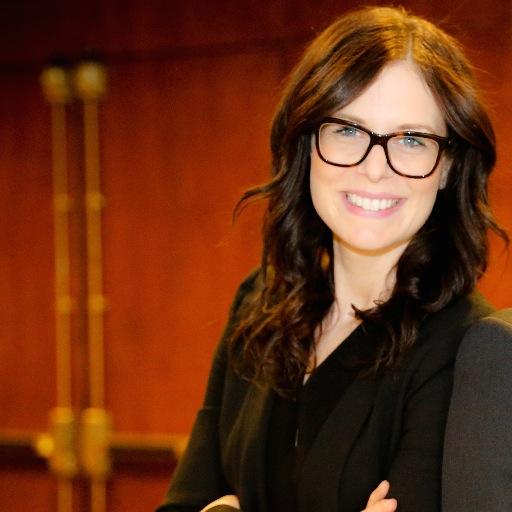Think about it for a sec as we finally approach the ever-expanding boundaries about who we can say less-than-toward things about.
Where is that final frontier?
Hint: Think about your thoughts when that person carrying too much weight struggled up the steps on your city bus. Be honest.

Many researchers believe health professionals need to do more to ensure that children see role models of all sizes enjoying physical activity for fun and health rather than focusing on body weight. (Courtesy: Canadian Obesity Network)
Or what about the time you didn’t say anything when people starting razzing the fat kid at the school playground.
Getting the picture?
Weight bias may very well be the last socially acceptable prejudice in our society.
And guess what?
It’s a bias that can really sting and hurt.
And the slights can last a lifetime.
Consequences of weight bias discrimination include stress, depression, anxiety, low self-esteem, suicidal thoughts, disordered eating patterns, avoidance of physical activity and medical care and adding more weight.

Angela Alberga continues to do extensive research into health issues related to obesity. (Courtesy: Concordia Univesity)
You know what else? A people can get passed over for a promotion because of the shape of their body.
A look at the Canadian Obesity Society’s website will confirm that obesity is a heckuva lot more complicated than a lack of will-power and, by the way, science shows that a lot of overweight people are not necessarily practising unhealthy behaviour.
The issue, you see, is complex, influenced by causes at individual, peer, family, community, societal and government levels.
Few in Canada are more well aware of the ramifications than Angela Alberga, an assistant professor of exercise science at Montreal’s Concordia University, who continues to research the matter.
I spoke with her by phone and began by asking what got her involved in examining obesity–both it’s causes and ill-effects.
Listen [






For reasons beyond our control, and for an undetermined period of time, our comment section is now closed. However, our social networks remain open to your contributions.